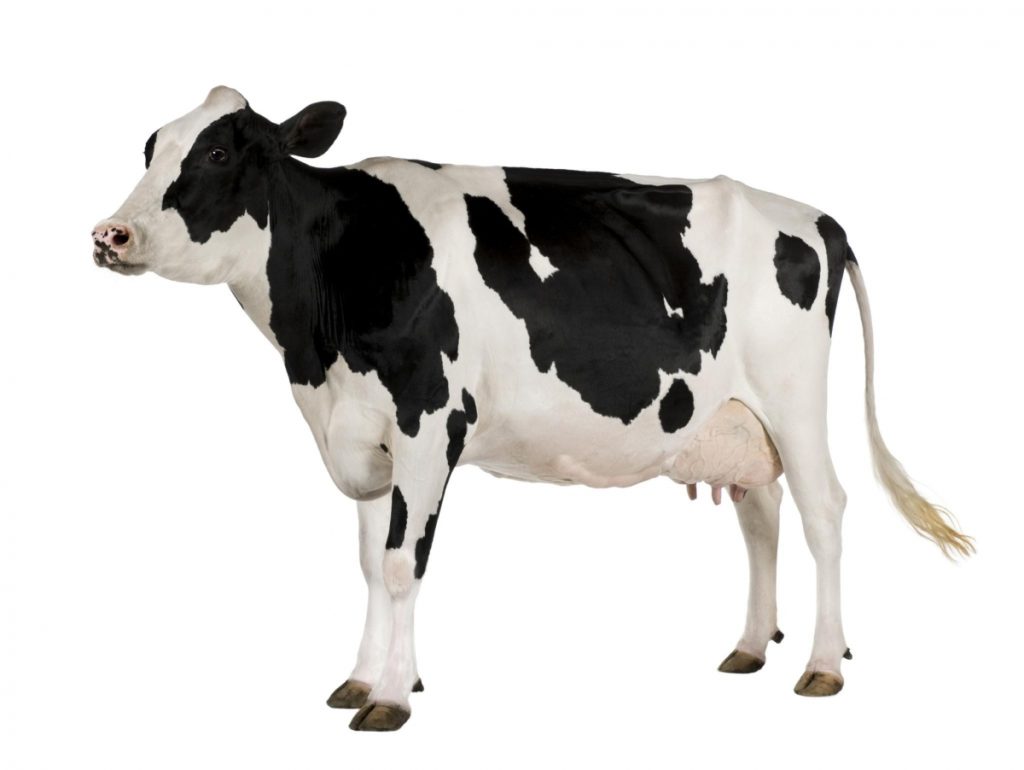A Vegetarian Solution to Climate Change?
In Vancouver BC last week at one of my presentations, I was asked about the contribution of cattle farming to global warming and climate change. It was posed in the context of whether the elimination or reduction of beef consumption and becoming vegetarian, could be a solution to rising sea level, or even a partial one. The question comes up regularly and should be explained. There is some basis in fact, and a logic to the question, but the effect is often exaggerated. Thus I do not endorse it as any kind of “solution.”
The figure often given is that all animal agricultural production–not just beef–contributes about 13% of greenhouse gases globally. This includes the methane produced by ruminant’s (e.g. cows), less elegantly referred to as cow farts, to the burning of fossil fuels related to the entire process of farming and getting the animals to market.
As one might imagine, the calculation is complex and varies by region. Beef is particularly high compared to chicken and pork, estimated to be about five times greater contribution for a comparable amount of protein. To cite one reference authority that I often use, Skeptical Science http://www.skepticalscience.com:
Animal agriculture is responsible for 13–18% of human-caused greenhouse gas emissions globally, and less in developed countries (e.g. 6% in the USA). Fossil fuel combustion for energy and transportation is responsible for approximately 64% of human-caused greenhouse gas emissions globally, and more in developed countries (e.g. 80% in the USA).
So with about one sixth (roughly 16%) of the warming factor globally and one sixteenth (roughly 6%) in the United States, animal agriculture’s effect is not trivial, but not huge. The contribution by animal agriculture is far less than transportation, energy production, and heating.
The bottom line is that If everyone in the world stopped eating beef and other forms of animal protein it would have an effect to reduce the warming, the ice melting and the sea rising. In no way would it solve the problem however. Few people give up eating meat easily. If people want to become vegetarians, pescatarians (fish eaters), or vegans for health reasons, of course they should do so, and can take some satisfaction that they are slightly reducing their contribution to greenhouse gases and the warming. Some might say that every percentage change helps. But the counter to that is that the effort to get the world to give up beef is hard to imagine realistically. Even if it could be achieved the problem would remain, albeit slightly less.
The big reductions will have to come from energy production, transportation, and heating. And of course there is the issue of the growing world population and growing energy use per person. We need to address all of those issues to slow the warming.
Even if we do all the right things to reduce greenhouse gases (GHG), the sea will rise for decades, due to the excess heat, most of which is already stored in the sea. Thus while we need to work on as many fronts as possible to slow the warming, we need to start planning for higher sea level and the necessary adaptation.
[Editors Note: This post has been modified from the original publication, which said “The bottom line is that if everyone in the world stopped eating beef and other forms of animal protein, it would have a very small effect to reduce the warming….”, removing the words “very small”.]

